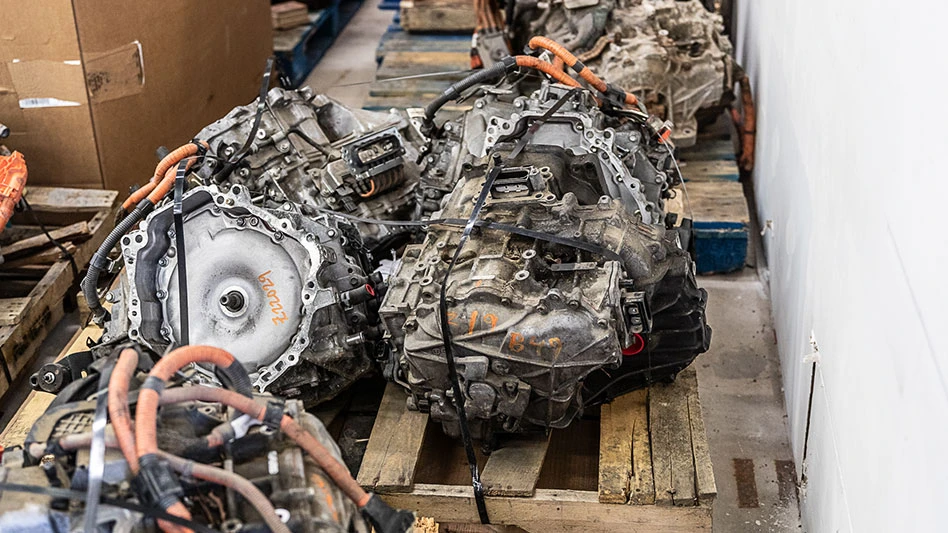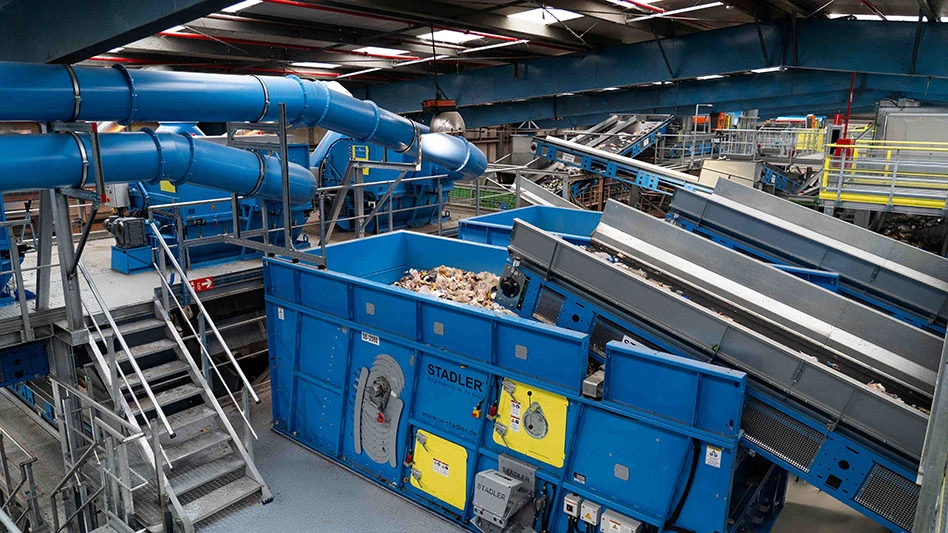
Plans to remove single-use plastics in England by 2020 and mandatory weekly food waste collections by 2023 are included in a new government strategy released Tuesday by the Department for Environment, Food and Rural Affairs (DEFRA), U.K.
The new Resources and Waste Strategy is the first new government policy in the waste sector in more than a decade. It will make businesses and manufacturers pay to recycle or dispose of damaging waste they produce, eliminate avoidable plastic waste and help leave the environment in a better state for future generations.
Producers will also be expected to take more responsibility for items that can be harder or costly to recycle including cars, electronics and batteries, according to the news release.
Households will see a simplified recycling system, with plans for a consistent approach to recycle across England.
Launching the strategy at Veolia’s Recycling Centers, London, Environment Secretary Michael Gove said, “Our strategy sets out how we will go further and faster, to reduce, reuse and recycle. Together we can move away from being a ‘throw-away’ society, to one that looks at waste as a valuable resource.”
“We will cut our reliance on single-use plastics, end confusion over household recycling, tackle the problem of packaging by making polluters pay and end the economic, environmental and moral scandal that is food waste.”
To help drive up recycling rates, the government will introduce a consistent set of recyclable material for collection, subject to consultation. This will be funded by industry through Extended Producer Responsibility (EPR), which requires packagers to assume responsibility for collection, transportation, recycling, disposal and recovery of those products and encourages eco-design.
EPR for packaging will raise between £500 million and £1 billion a year for recycling and disposal, according to Defra.
The move builds on the Autumn Budget, which announced a tax on plastic packaging with less than 30 percent recycled content.
The Resources and Waste Strategy sets out how government will also extend producer responsibility for textiles, fishing gear, vehicle tires and certain materials for construction and demolition. The strategy aligns recycling with consistent labeling on packaging, so consumers know what they can recycle.
Weekly collections of food waste, a deposit-return scheme (DRS) for single-use drink containers and annual reporting of food surplus and waste by food businesses will also be introduced with ambitious targets for food waste, plastic waste and crime waste prevention.
Latest from Recycling Today
- Volatility wave hits copper pricing
- ArcelorMittal legal battle with Italy continues
- Altor program boosts EPS recycling
- IP to spin off non-North American operations
- Flexible Film Recycling Alliance report outlines progress
- RERF opens Avagliano award nominations
- Eriez expands European sales network
- Gränges increases sales volume in 2025





